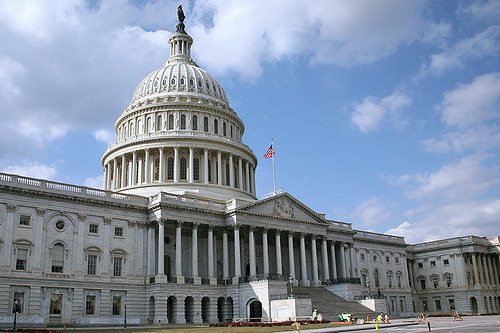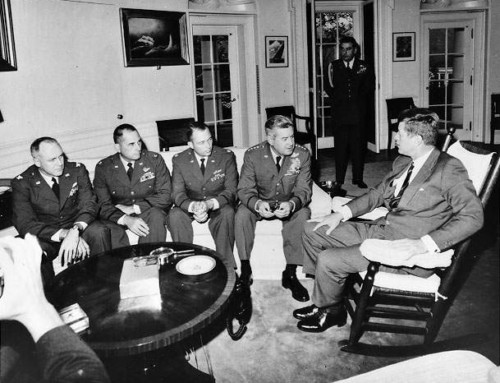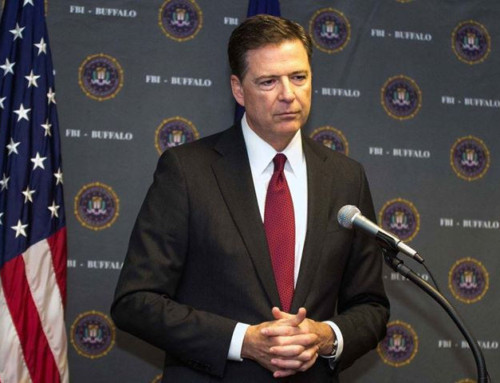The deliberations of the Constitutional Convention of 1787 were held in strict secrecy. Citizens gathered outside Independence Hall in Philadelphia during the proceedings, attempting to learn what sort of government had been agreed upon behind closed doors. As he exited the Hall, a women asked Benjamin Franklin, “Well, Doctor, what have we got a republic or a monarchy?”
Franklin responded, “A republic, if you can keep it.”
It’s important to note that Franklin did not include the word democracy because the difference between a republic and a democracy is fundamental. The word republic comes from the Romans’ word in Latin res publica — which means “the public thing.” “Democracy,” on the other hand, invented by the Greeks, comes from their words demos and kratein, which means “the peoples’ rule.” Greek democracy meant majority rule. Yet, even during its first few decades of existence, the great Greek thinkers such as Plato and Aristotle rejected democracy as a bad form of governance, labeling it “mob rule.”
So we can confer on Franklin’s response to that inquiring woman that he believed, in the wake of Britain’s capitulation to Washington’s revolutionary army, the Continental Congress had created a constitutional republic fashioned much more closely to the Roman representative Republic than the Athenian Democracy.
But now 230 years later, we must countenance the specter of a women who has trafficked in national security secrets and is guilty of numerous felonies becoming the president of the United States. This has made me wonder if it might not be possible for the House of Representative to begin impeachment proceedings against a President Clinton shortly after her election. So I resolved to contact various members of Congress to ask them if they wouldn’t attempt impeachment as a means to fulfill their oaths of office to preserve and protect the constitution.
I first made contact with Congressman Tom McClintock of the 4th District of Northern California. What follows is our interview:
Kelley: Do you agree with my contention that a Hillary presidency would mean that we would be a post constitutional republic?
McClintock: I’m afraid we may already have entered the post-constitutional phase of American history. The fundamental architecture of the American Republic – the separation of powers and the Bill of Rights – is already breaking down. The question now is whether we will enter the restoration period or the decline period of our free government. I think a Hillary Clinton presidency has the potential of taking us past a tipping point that makes restoration of the Constitution much more difficult and unlikely.
K: What do you think the ramifications of her election would be?
If the current justices all serve until their actuarial age, the next President will make four appointments to the Supreme Court. Clinton and Justice Ginsburg have made it very clear that once a lock-step leftist majority is cemented into that court, their first two objectives are reversing Citizens United and Heller, which would have dire implications to our First and Second Amendment rights. I would expect that due process protections will begin falling quickly thereafter to enable, among other things, the prosecution of dissenters from leftist global warming orthodoxy. And even if the election of 2020 produced a Republican president with overwhelming Republican congressional majorities, any serious reform legislation could be expected to be struck down by a court whose majority will view its role as policy-making rather than upholding the Constitution. I could add the catastrophic impact of her “open borders” program that has devastated Europe and her intention to further increase taxes and regulatory burdens that could deal a knock-out blow to our faltering economy.
K: What do you think the likelihood would be of her immediate impeachment?
M: Zero. Impeachment requires 2/3 of the Senate, which would be a political impossibility.
K: If it cannot remove a known felonious president who, as Secretary of State, compromised national security, has Congress lost its power to be a check on the executive branch?
M: The Constitution was written to be self-enforcing. But that only works as long as its powers are evenly divided; which, in turn, only works if the officials who exercise its powers are obedient to that Constitution; which, in turn, only works if “we, the people,” through our votes, insist on it. When we stop insisting on it, we forfeit our Constitution and the freedoms it protects. Lincoln was right: “If destruction be our lot, we must, ourselves be its author and finisher. As a nation of free men, we are destined to live for all time, or die by suicide.”
K: But even if there were no chance she could be removed, wouldn’t simply the filing of impeachment articles be a historic way for those who wish to remain obedient to the Constitution to voice a powerful rejection of her lawlessness?
M: Larry, you’re dreaming. There’s no do-over for this election. (End of Interview).
As a nation, we’ve had a pretty good two-hundred-year run. But as Ben Franklin warned and Congressman McClintock fears, we may now have not kept or constitutional republic.






